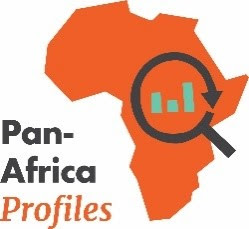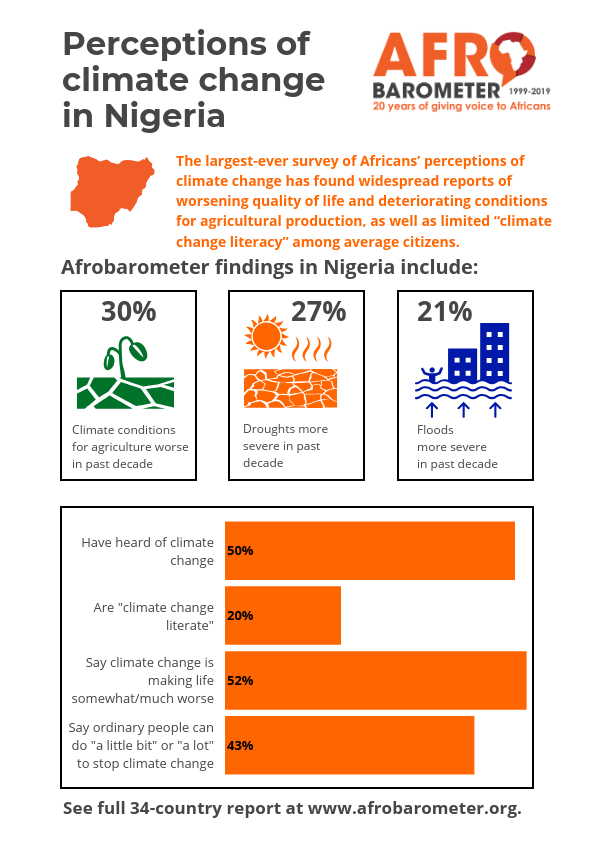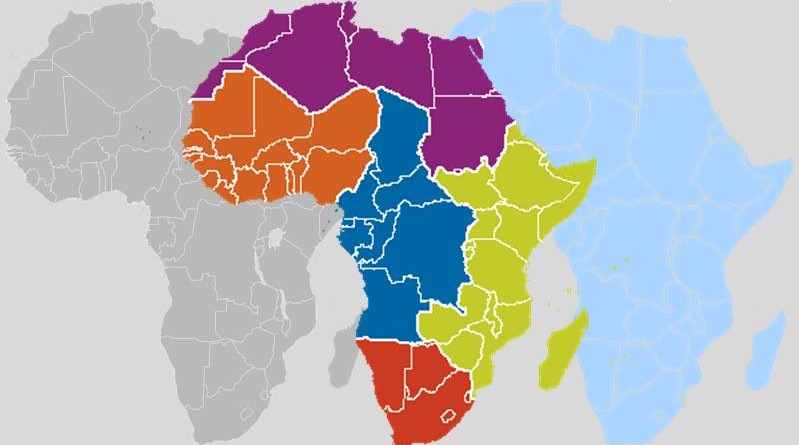Climate change in Africa: Survey finds worsening agriculture conditions and quality of life, limited climate change literacy
Climate change in Africa: Survey finds worsening agriculture conditions and quality of life, limited ‘climate change literacy’
The largest-ever survey of Africans’ perceptions of climate change has found widespread reports of worsening quality of life and deteriorating conditions for agricultural production, as well as limited “climate change literacy” among average citizens.

In the ninth of its Pan-Africa Profiles series based on recent public-opinion surveys in 34 African countries, Afrobarometer reports that in all but four countries, pluralities say climate conditions for agricultural production have worsened over the past decade, most often due to drought.
And among Africans who have heard of climate change, a large majority – including about nine out of 10 East Africans – say it is making life in their country worse.

But fewer than three in 10 Africans are “climate change literate” in the sense that they have heard of climate change, associate it with negative changes in weather patterns, and know that human activity is a major cause. _________________________________________________________________________________________________________ For Nigeria-specific findings, see Figure 3: Only half of citizens are aware of climate change. Of those who have heard of it, half also say climate change is making life worse.
_________________________________________________________________________________________________________ The new Pan-Africa Profile report, available at www.afrobarometer.org, explores widely varying experiences and perceptions of climate change by country and region, and points to a need for policymakers and activists to build informed core populations that understand climate-change threats and will support coordinated government and international action.
Key findings
1 By more than 2-to-1, ordinary Africans say climate conditions for agricultural production have become worse in their region over the past decade. Overwhelming majorities see worse weather for growing crops in Uganda (85%), Malawi (81%), and Lesotho (79%) (Figure 1).
2 In most countries, the main culprit is more severe drought. But in Malawi, Madagascar, and eSwatini, most citizens say both droughts and flooding have gotten worse.
3 Almost six in 10 Africans (58%) have heard of climate change, including more than three-fourths of Mauritians (83%), Malawians (78%), and Ugandans (78%). South Africa (41%) is one of just five countries where fewer than half of citizens have heard of climate change.
4 Groups that are less familiar with the concept of climate change include rural residents, women, the poor, and the less-educated, as well as people who work in agriculture.
Among Africans who have heard of climate change:
1 About two-thirds (63%) associate the term with negative changes in weather patterns, compared to about one-third who link it with positive (17%) or other (15%) changes.
2 About two-thirds blame climate change on human activity (52%) or on human activity combined with natural processes (16%). More than one in four (27%) think climate change is caused by natural processes alone.
3 About one in four Africans (28%) are fully “climate change literate,” that is, they have heard of climate change, they understand it to have negative consequences, and they recognize it as being caused at least in part by human activity. Mauritians lead the way at 57% – the only country where a majority is climate change literate. Fewer than one in five are climate change literate in six countries (Liberia, Mozambique, Namibia, Niger, South Africa, and Tunisia) (Graphic 1).
4 Two-thirds (67%) say climate change is making life in their countries worse, reaching a high of 89% in East Africa, almost twice as many as in North Africa (46%) (Figure 2).
5 Seven in 10 (71%) say climate change needs to be stopped, and about half (51%) think ordinary people can do at least “a little bit” to help. But in Liberia (26%), Sudan (28%), and Niger (33%), only one-third or less think ordinary people can make any difference.
Afrobarometer surveys
Afrobarometer directs a pan-African, nonpartisan research network that conducts public attitude surveys on democracy, governance, economic conditions, and related issues in African countries. Seven rounds of surveys were completed in up to 38 countries between 1999 and 2018. Round 8 surveys in 2019/2020 are planned in at least 35 countries. Interested readers may follow our releases, including our Pan-Africa Profiles series of Round 7 cross-country analyses, at #VoicesAfrica and sign up for our distribution list at www.afrobarometer.org.
Afrobarometer conducts face-to-face interviews in the language of the respondent’s choice with nationally representative samples that yield country-level results with margins of error of +/-2 to +/-3 percentage points at a 95% confidence level.
Charts
Figure 1: Changes in climate conditions for agricultural production | 34 countries
| 2016/2018

Respondents were asked: In your
experience, would you say climate conditions for agricultural production
in your area have gotten better, gotten worse, or stayed about the same
over the last 10 years, or haven’t you heard enough to say?

Figure 2: Effect of climate change on quality of life | by region | 32 countries*
| 2016/2018

Respondents who had heard of climate
change were asked: Do you think climate change is making life in [your
country] better or worse, or haven’t you heard enough to say?
(Respondents who had not heard of climate change are excluded.) (* This
question was not asked in Kenya and Zimbabwe.)
Figure 3: Perceptions of climate change in Nigeria
| 2017

For more information, please click here to read and download full report.
– NOIPolls




